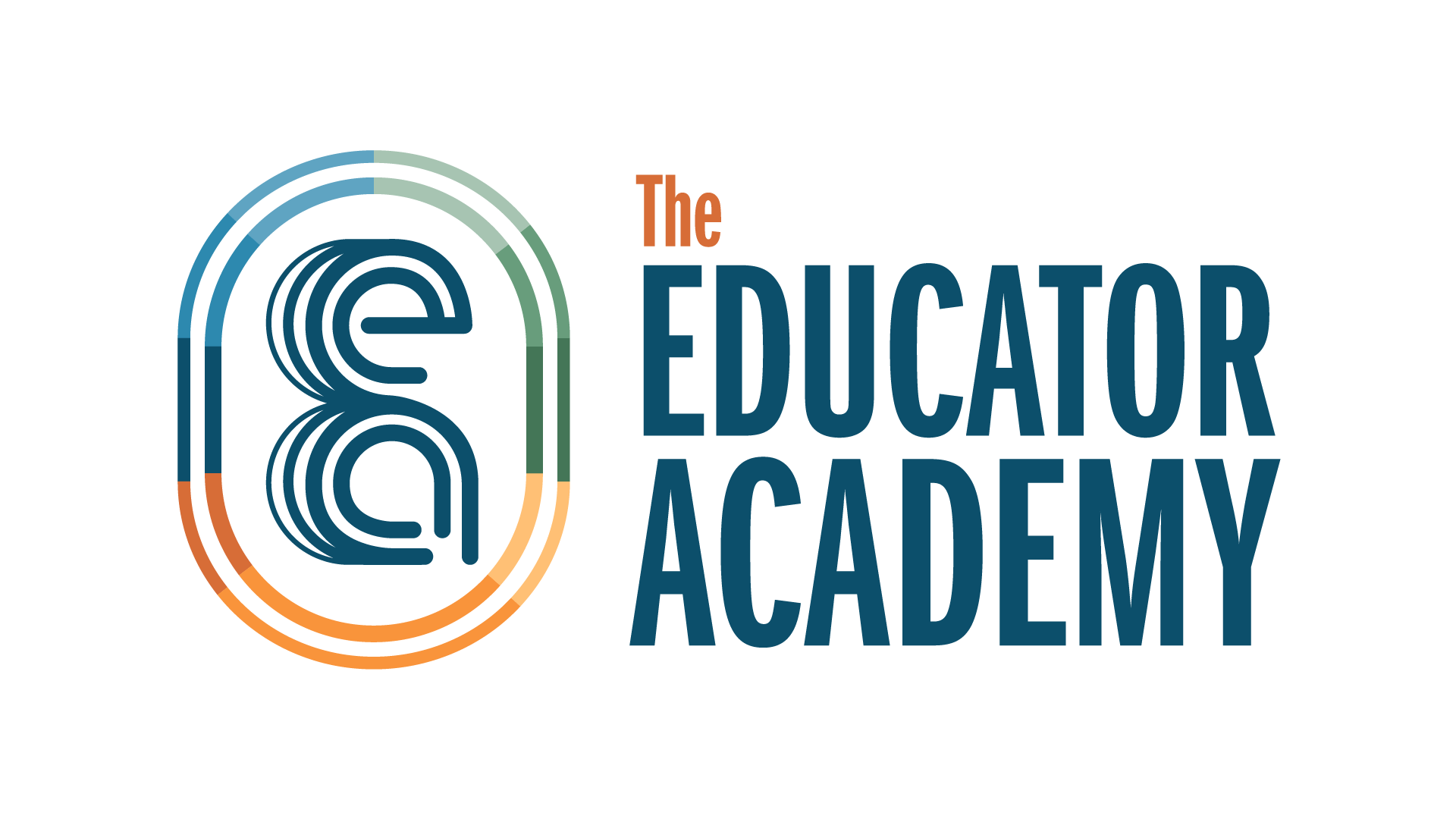
Becoming a teacher is a rewarding career path. However, the different options for becoming a certified teacher can be confusing or overwhelming. That’s why The Educator Academy compiled this ultimate guide for how to become a teacher in Missouri.
First, Determine if Education fits you
1. Find your why for becoming a teacher
Effective teachers know themselves well, and the first step in knowing yourself as an educator is knowing why you want to become a teacher. To become a teacher you really need to love kids, and you need to love teaching. But those reasons alone aren’t enough.
If your only reason to become a teacher is because you like kids, you could work at a daycare or at an after school program. If your only reason to become a teacher is that you like and want to teach Math, that’s not enough to become a K-12 teacher. You could be a tutor or a college professor or mathematician. The essential question is “Why do you want to become a teacher?”
It’s important to know what about teaching specifically is compelling to you. Education is hard, and without a grounded and clear reason, you may not be satisfied with the industry. Your why might be: your value for social justice and the need for all students to have an equitable education, or finding a career that makes a difference first hand for young people
2. Decide what you want to teach
In order to know what you might want to teach, it can be helpful to explore different environments and student ages of kids. Below are a few examples of how you might gain more experience and exposure.
- Substitute teaching: Different states / school districts have different requirements for substitute teaching. According to Time Magazine, additionally, since the COVID-19 pandemic, there has been a massive shortage of substitute teachers since the COVID-10 pandemic. You can help a school in need of substitutes while learning about what you enjoy in different educational environments.
- Support a classroom teacher at a school: Call your local school and offer to assist a teacher with printing, cutting, or other classroom prep. Helping a teacher with these tactical tasks will give you exposure to all the behind-the-scenes work that goes into teaching.
- Volunteer at a youth organization: There are many youth development programs from Big Brother, Big Sisters, to Boys and Girls Club to the YMCA. If you are affiliated with a church, they also typically have volunteer opportunities with children.
3. Learn from other Educators
- Talk to your teacher friends about their experience in the classroom. What has their experience been like in education? What did they like and dislike about their certification program? Their first school? Learning from others’ experiences in a great way to know more about what the education field is like as a teacher.
- Learn from educators online: Don’t have many educators in your life? There are a plethora of resources of educators sharing the good and hard of education. Here are a few places to check for information.
-
-
-
- Instagram Educators: some teachers are online sharing the funny and the hard. You’ll be sure to get a good laugh and a nice insight to the hard parts of teaching.
-
- No Frills Classroom – Local Kansas City Educator
- Teaching 3rd Grade with Mr. G – Houston based 3rd grade teacher sharing his experience in the classroom
- Tanesha B. Forman – Teacher, Principal
- Mr Chazz – Parent and Teacher Coach
- Larissa Gregory – Educator, Consultant
-
- The Educator Academy Career Changers Conversations series This online series focuses on the experience of others becoming a teacher. Different Kansas City educators share about their experiences changing careers and joining education. You can find the full series on our YouTube page.
- Set-up a one-on-one connection: Our talent team members all have experience in education and now help individuals become teachers in Kansas City. If you want to hear more about what education looks like right now, you can set up a time to talk with them on our contact page.
- Instagram Educators: some teachers are online sharing the funny and the hard. You’ll be sure to get a good laugh and a nice insight to the hard parts of teaching.
-
-
Second, Decide which pathway to become a teacher is best for you
1. Determine where you want to teach
Different types of schools have different types of requirements. Knowing what context you are interested in will help you determine what prerequisites are required to be qualified to teach in each setting.
- Public district schools: Public schools are schools run by the county or city and provide free education to all within their boundaries. These schools require teachers to be certified.
- Public charter schools: Charter schools are also public schools. However, because of their unique structure and regulations, they have more flexibility than public schools in hiring individuals without certification. If there is a certain school you are interested in working at, it’s best to reach out directly to them, because while they may technically be able to hire uncertified teachers, they might in practice only hire certified teachers. (Education Commission of the states)
- Private schools: Private schools are not government funded and require student tuition. Because they are not sponsored by the government, these schools are not subject to the same types of rules and regulations that other schools are, including certification. There are no licensing, accreditation or certification requirements for private schools. Private school teachers also tend to make less money than public school teachers.
2. Review certification routes to become a teacher
In Missouri there are several different avenues for obtaining your teaching certification. Note that different states offer different avenues for obtaining your teaching credential. The Educator Academy currently works within Missouri, so we are outlining the different options for Missouri below. You can always find more information about this process directly on DESE’s website.
Traditional Route to becoming a teacher
The traditional route is an individual attending a college university for 4 years, participating in a student teaching practicum, passing an assessment test, and obtaining a bachelor’s degree and initial certification.
- Examples: University of Missouri School of Education, University of Missouri Kansas City School of Education, University of Kansas School of Education; For a full list of educator preparation programs, check out this list on DESE’s website
- Pros: If you are early in your college experience or do not yet have a bachelor’s degree when you decide you want to teach, it might be the simplest and most efficient option to obtain your certification through your undergraduate university. *Missouri requires a Bachelor’s degree to obtain your certification, so if you do not yet have a degree, you will need to obtain yours.*
- Cons: If you already have a bachelor’s degree, it can be a long commitment to obtain another undergraduate degree. Plus a 2nd undergraduate degree will not result in a higher pay scale like a master’s degree typically would.
Alternative Route
Alternative programs are for individuals who already have a bachelor’s degree in a content-related field. They typically involve a shorter training period than a traditional school model, with an emphasis on teacher development within the classroom setting.
- Examples: The Educator Academy, Teach for America
- Note: The Educator Academy is an alternative route to teacher certification. In comparison to other alternative and traditional pathways, The Educator Academy is competitively priced and offers various instructional and financial supports including coaching beyond the certification period, a stipend, emergency funds and more. To learn more about how our pathway to certification stands out, check out our Residency model page
- Pros: These programs allow for individuals to have hands-on experience in the classroom while earning their certification. This allows them to gain experience and context in the field sooner. There are many other benefits to our residency program, including financial support and more.
- Cons:
- You already have to have a bachelor’s degree
- Some alternative programs can be expensive or a multi-year process to receive (although The Educator Academy is unique in that offers financial support options and certification in one year)
- While The Educator Academy provides development supports, some alternative certification programs are focused more heavily on quick certification rather than long term retention in the classroom as a teacher
Temporary Authorization
Individuals can receive a temporary authorization under certain circumstances for individuals who are not yet certified but want to work in a position at a school. These authorizations are typically only for a short period of time (1-2 years). This pathway is for individuals who already have a degree in a content-related field and are accepted at a position at a school. They are then required to take self-directed courses (typically 24 credit hours) while being mentored in by a school leader. After 2 years, and 2 additional certification tests, they can apply for an initial certification.
- Pros: If you already have a school site that is able and willing to support your certification process, you can immediately begin your certification process.
- Cons: You immediately begin in the classroom prior to receiving training and coaching which can be overwhelming and ineffective for students. Temporary authorization can be expensive, and this option is self-directed which may result in a lack of support. Schools may not have the capacity to invest time in your certification, so finding a school to take you on may be difficult.
Out-of-state certified
If you are already certified to teach in a different state, you can apply to have your certification granted in Missouri! A note here- there are also different rules for reciprocity, depending on the state you are already certified in and the state you are trying to move to. Check the Department of Education rules for both the state you are certified in and the state you want a certificate for.
- Pros: If you already have a teaching license in a different state, you don’t have to go through an entirely new process to become certified—making it quicker, easier, and less expensive than going through an entirely new process.
- Cons: The process can be bureaucratic and complicated for certain statesThere are also fees for transferring your certification and you must already have a teaching license.
Online Certification through ABCTE
The American Board for Certification of Teacher Excellence describe themselves as “A non-profit organization established by the U.S. Department of Education and dedicated to building strong communities through preparing, certifying, and supporting teachers.” This online program operates in some but not all states and allows individuals with a bachelor’s degree to obtain their certification.
- Pros: Self-paced, many options available, fully online
- Cons: The fully online format doesn’t allow for personal feedback and development. Certification areas can be +$2,000 and don’t include a master’s degree. If you want to become a teacher in Missouri, Missouri only accepts certification in certain content areas from ABCTE (ex. early childhood certification is not acknowledged); There certification is only valid in 11 states
Doctoral Route
If you have a PhD in a content area you can teach that content area at the secondary level (ex. PhD in math and want to teach 9th grade geometry). You can receive your certification for that content area of study by passing a test.
- Pros: If you already have a Doctorate degree in a field you want to teach in, you only have to take a test
- Cons: You are only eligible for an initial certification and will not ever be eligible for a career certificate through this pathway. While you would already know your content, this pathway doesn’t involve training for teaching the content (pedagogy).
Finally, choose a program and apply to become a teacher!
Consider Your Needs:
Each certification pathway has different pros and cons. When thinking about which option you want to go with, consider what your priorities are. Below are a few questions that might help you rate and consider which path is best for you:
- Timeline: Do you want to get done in the fastest timeline possible? Do you prefer a slower paced program? What type of timeline would best set you up for success?
- Your Learning Style: Are you someone who learns best by doing? Do you like a personal approach? Would you rather complete content online? Consider what supports or structures would best support your learning style.
- Financial Costs: What is your current financial situation? Would you be able and willing to take out student loans if needed? Would you need scholarships, grants and stipends to make this transition feasible? Knowing what is financially feasible for you can help you narrow your options.
- Higher Education Degree: Do you already have a Bachelor’s degree? Would you want a Master’s degree? How important is receiving higher education?
Seek input on the best fit for you:
Organizations like Teach Missouri offer consultations for individuals considering teaching. They provide free 1-on-1 calls to help individuals choose a path that is best for them. Reach out to any specific programs you are interested in. Many offer calls or information sessions to help answer your questions. If The Educator Academy is an option you are considering, you can set-up a call with our recruitment team.
- Gather all your paperwork – Most certification options will involve you submitting your transcripts and a written application.
- Mitigate the Cons – Each method we listed has pros and cons. Make a plan to mitigate whatever weakness your path has.
- If the program is more expensive, reach out to the program to see what scholarship opportunities you might qualify for.
- If the program lacks development opportunities, reach out to educators near you to find a mentor or coach.
Reach out to The Educator Academy to learn more about how to become a teacher in Missouri
Whether you decide that education is the right path for you or not, we hope that this information helps you make a more informed decision around your education career. The Educator Academy is an alternative certification program that focuses on recruiting, preparing, developing, placing, and retaining mission-oriented individuals who want to make a deep commitment to working in Title 1 schools with culturally and linguistically diverse students within Kansas City.
The Educator Academy envisions a world where quality education is guaranteed for all kids. We envision a Kansas City education system that has dedicated, diverse, and prepared teachers who understand and meet the needs of all students. If you align with our mission and vision and want to become a teacher, you can apply to our program online. If you have any questions, please contact us via email at info@educator-academy.org or leave us a message.
Want to learn more? Join our Newsletter
Stay connected with the latest news, resources, and opportunities from The Educator Academy by signing up for our newsletter!

